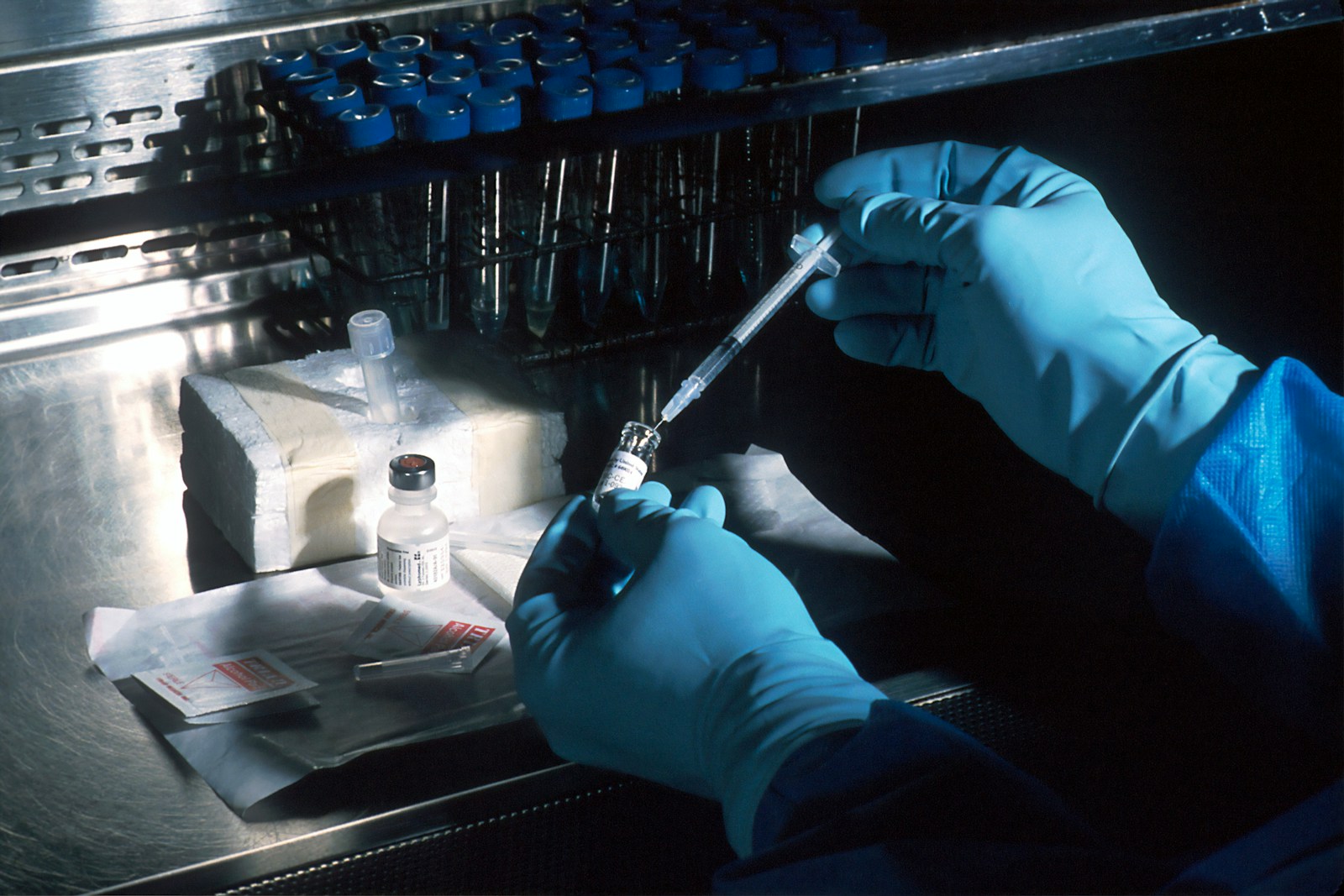What Are the Different Kinds of Lab Software?
In the complex and fast-paced world of laboratory operations, leveraging the right type of software is crucial for enhancing efficiency, accuracy, and innovation. From managing samples and analyzing data to integrating systems and ensuring regulatory compliance, a myriad of software solutions are available to address these needs. This post explores the different types of lab software available, each designed to streamline various aspects of laboratory operations.
Laboratory Information Management Systems (LIMS)
A Laboratory Information Management System (LIMS) is a foundational tool in modern labs, designed to manage all aspects of laboratory operations. It handles sample tracking, workflow automation, data entry, and storage, ensuring that every sample can be traced throughout its lifecycle in the lab. LIMS facilitates regulatory compliance by maintaining accurate records and automating the generation of reports. It is adaptable across various types of laboratories, from clinical and pharmaceutical to environmental testing, making it an indispensable tool for quality control and research.
Electronic Lab Notebooks (ELN)
Electronic Lab Notebooks (ELN) represent a digital version of traditional paper lab notebooks. They provide a platform for scientists to record experiments, observations, and procedures electronically. ELNs facilitate data sharing among team members, enhance data security through backups, and improve data searchability and organization. They support multimedia inputs such as images and videos, links to data files, and direct integration with other lab software, thus enhancing collaboration and efficiency in research and development projects.
Chromatography Data Systems (CDS)
Chromatography Data Systems are specialized software solutions designed for the analysis and reporting of data obtained from chromatography instruments. These systems automate the processing of chromatographic data, including peak integration, calibration curves, and quantitation. CDS software enhances the accuracy and reproducibility of chromatographic analyses, making it essential for labs performing complex separations in pharmaceutical, environmental, and food and beverage testing.
Laboratory Execution Systems (LES)
Laboratory Execution Systems (LES) are designed to guide laboratory technicians through standardized procedures and protocols, ensuring compliance with best practices and regulatory standards. LES software provides step-by-step instructions for experiments or tests, captures data directly from instruments, and flags deviations from expected results, thereby minimizing errors and enhancing reproducibility. This type of software is particularly valuable in highly regulated industries, such as pharmaceutical manufacturing, where adherence to standard operating procedures is critical.
Scientific Data Management Systems (SDMS)
Scientific Data Management Systems (SDMS) offer a centralized platform for storing, managing, and retrieving laboratory data. They are designed to handle a wide range of data types, from raw instrument data to processed results and reports. SDMS enhances data integrity and compliance by ensuring that all data is securely stored, backed up, and easily accessible for audits. By facilitating data sharing and collaboration, SDMS supports the integration of laboratory data into broader research and development efforts.
Laboratory Integration Software
Laboratory Integration Software serves as the backbone for connecting various laboratory instruments and software systems. It enables seamless data flow between equipment, LIMS, ELNs, and other software solutions, automating data capture and reducing manual data entry errors. Integration software is crucial for laboratories that use a diverse array of instruments and platforms, ensuring that data is harmonized and easily accessible across systems.
Quality Management Systems (QMS)
Quality Management Systems (QMS) software is designed to support laboratories in maintaining high standards of quality and compliance. It encompasses modules for document control, audit management, corrective and preventive actions (CAPA), and training management. QMS software helps laboratories adhere to quality standards such as ISO 17025, GLP (Good Laboratory Practice), and GMP (Good Manufacturing Practice), facilitating continuous improvement and operational excellence.
Conclusion
The landscape of laboratory software is diverse, with solutions tailored to meet the specific needs of different types of laboratories and their operations. Whether it’s managing samples with a LIMS, recording experiments in an ELN, analyzing chromatographic data, ensuring procedure compliance, managing scientific data, integrating laboratory systems, or maintaining quality standards, there’s software designed to optimize these processes. The selection of the right lab software depends on the laboratory’s specific needs, workflows, and regulatory requirements. By carefully evaluating and implementing appropriate software solutions, laboratories can significantly enhance their operations, driving innovation, ensuring quality, and improving overall efficiency.


